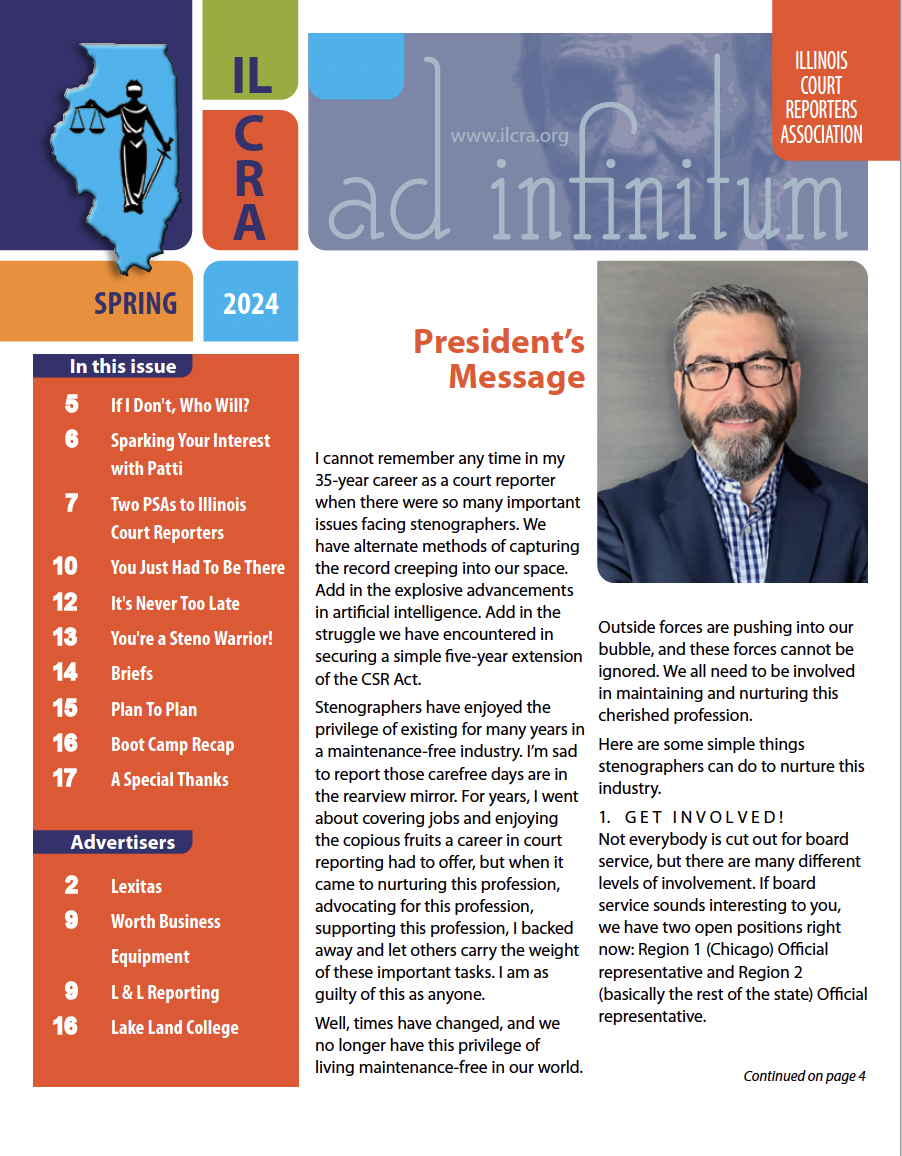Dos And Don'ts of Politics
DO
- Be or bring a constituent(s).
- Know your subject.
- Think before speaking. Don’t try to fill awkward silences with chatter! Be strategic about every word, and bring in notes to keep yourself on track with the message.
- Give the gist of your arguments as early in the conversation as possible - keep it short. This is your “elevator speech;” relay your message in three minutes or less.
- Be clear, concise and, more importantly, honest.
- Assume your listener knows nothing about court reporting and simplify complex issues. Try not to use industry lingo that may get lost in translation.
- Describe personal impact. Personal stories are the most effective.
- Anticipate questions and be ready with your responses.
- Leave or send written material, following your meeting.
- Dress appropriately if meeting with legislator.
- Leave your business card.
- Request commitment: “Will you support XYZ?” (Always!)
- Follow up with a written communication of thank you.
DON'T
- Use form letters.
- Confuse the issue by discussing multiple issues.
- Guess or exaggerate the impact of your issue.
- Be afraid to say "I don't know. I'll get back to you." This creates a great opportunity for follow-up, continuing your dialogue after your meeting.
- Use words that are terms of art or acronyms.
- Become confrontational.
- Argue.
- Threaten.
- Use inappropriate language.
- Lie.
|

